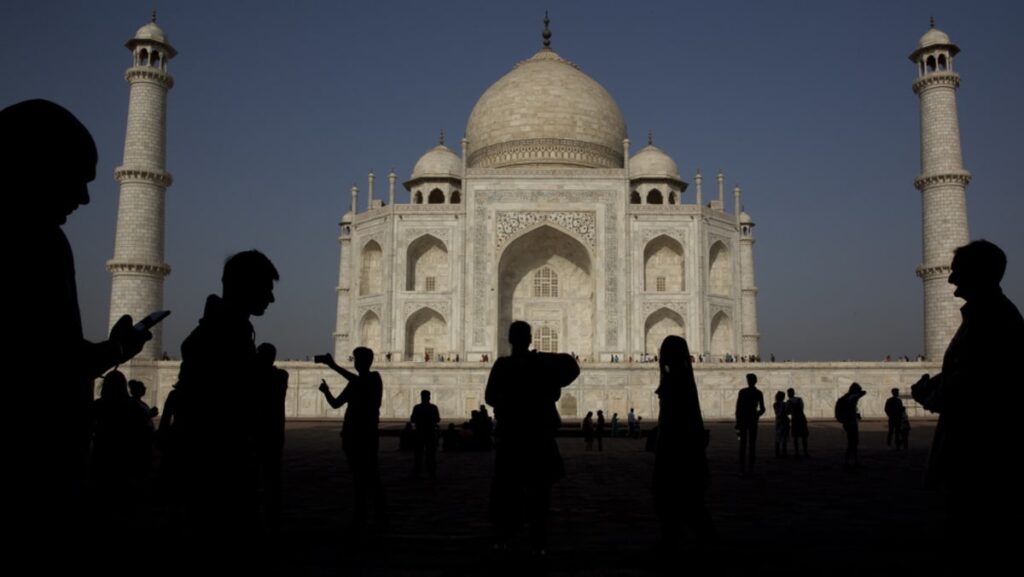WHY DID THE CHINESE STOP VISITING?
Chinese tourists were once the core customers of Era Tours and Travels, representing nearly half of its revenue in 2019.
The boom came to an abrupt halt for the company and other local businesses that depended on the Chinese when the Galwan Valley clashes erupted in 2020.
The world’s two most populous nations share a border that is 3,800km long and have overlapping territorial claims. The clashes resulted in the deaths of 20 Indian and four Chinese soldiers in the Himalayan border region.
Relations between the two Asian giants plummeted to their lowest level in decades. Both armies deployed tens of thousands of soldiers in the mountains, while flights, visas and investments were suspended.
The COVID-19 pandemic had already shut down the world earlier that year, further slowing progress on mending frosty ties.
But relations have gradually thawed. China resumed visa services for Indians from 2022 onwards, and both countries in March this year agreed to resume direct air service.
WORK VISAS, INVESTMENTS
Aside from tourism, industry groups are hoping for quicker work visa approvals next so they can hire skilled Chinese workers such as technicians.
Naresh Gupta, president of the Indo-China Chamber of Commerce, said there is also a push for more relaxed investment rules for some Chinese companies.
“Sensitive sectors like defence are where the government can be very cautious, but I don’t think the government should take the same approach for all industries,” he told CNA.
Although India-China trade has grown by roughly 56 per cent between 2019 and 2025, India’s trade deficit with China has nearly doubled, leaning heavily in Beijing’s favour.
Gupta said Chinese investments could flip the equation to India’s advantage.
“Investments in India should be simplified. A one-window system – which means companies can get their licences, approval from the Reserve Bank of India, permission to bring in foreign direct investment and pollution clearances within 30 days – will help,” he said.
So far, India has ruled out easing restrictions on foreign direct investment for Chinese firms, signalling that ties – although on the mend – are far from normalised.
Meanwhile, activities along the India-China de-facto border remain of concern, with a continued buildup in military presence despite troop pullbacks from some contested areas.
Experts said easing border tensions is a cornerstone to improving ties.
“The border is important, so we need a specific agreement (between India and China), and not just dealing with tourism,” said Manoj Joshi, a distinguished fellow at Delhi-based think tank Observer Research Foundation.
Read the full article here

